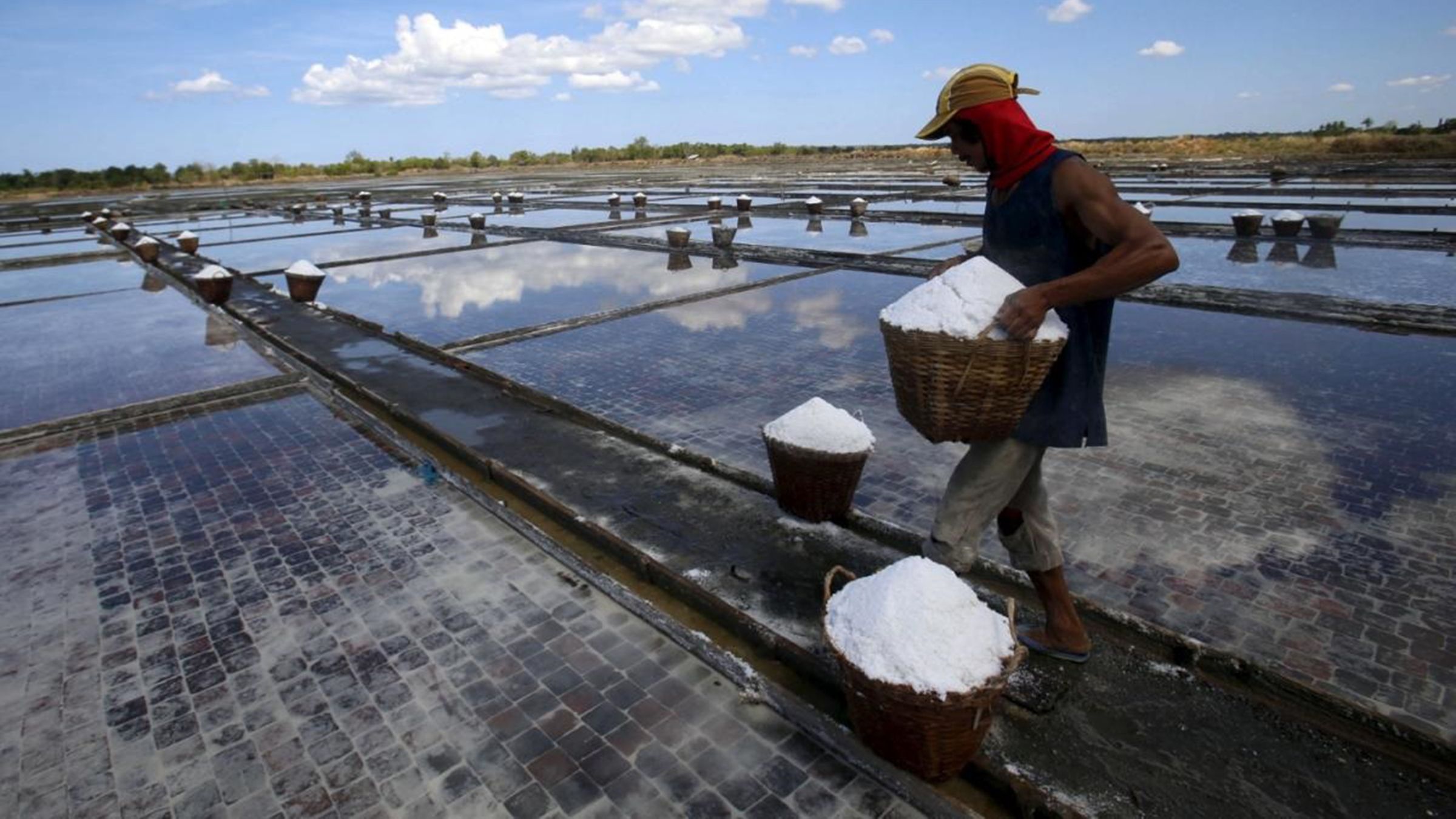Philippines salt import increased by 10 percent based on Philippine Statistics Authority.
The Philippine Statistics Authority said the country imported 270,535 tons worth $14.176 million during the first half of the year up by 10 percent.
The imports consisted of table salt, denatured salt, pure sodium chloride, and seawater, from January to June, the Business Mirror reported.
But this year's first half imports was 7.86 percent lower than those imported for the same period last year of over 293,610.141 MT.
The main source of salt with total of 70.3 percent of total imports, was Australia, which rose by 8.6
Also, China at $2.894 percent, Thailand at $605,126, and New Zealand at $415,542,
The figures also show that during the six-month period, the Philippines imported salt products from a total of 27 countries.
Egypt, Pakistan, India, Spain, Japan, Israel, South Korea, Malaysia, USA, Canada, Netherlands, Germany, Italy, Denmark, United Arab Emirates, Singapore, Belgium, and Bahrain are the country’s other sources of imported salt products.
Other salt goods, valued at $8.298 million, contained salt of 94.7 percent sodium chloride, valued at $3.242 million.
PSA data showed that the country’s imports of other salt products increased by 83.6 percent year-on-year from $4.519 million while imports of salt containing at least 94.7 percent of sodium chloride increased 157.9 percent from last year’s $1.257 million.
In the PSA data, the country's imports of table salt dropped by 79.5 percent to $1.264 million from $6.153 million, and its volume was slashed by 85 percent year-on-year to just 19,187.801 MT.
Customs records showed that the imported salt products were refined salt, sea salt, pink Himalayan salt, Himalayan light pink salt, pink rock salt, industrial salt, crystal salt, Italian salt, iodized salt, and solar salt. Some of the brands of imported salt were McCormick, Kirkland, Carmencita, and Chungjungwon.
Concerns about the country’s dependency on importation to meet local salt requirements were aired in the past few weeks after agriculture officials sounded the alarm over the dwindling domestic production of the commodity. The Department of Agriculture (DA) noted that the country imports 93 percent salt supply, which it marked out as an “unfortunate circumstance to a country with 36,000 kilometers of shoreline.”
The DA attributed the fall of local salt production to years of neglect by the government to implement programs that would support and boost local salt farmers’ productivity and welfare.
Tags: #saltimport, #PSA
